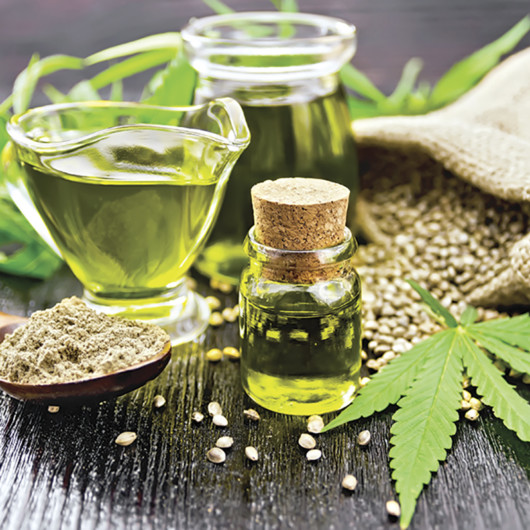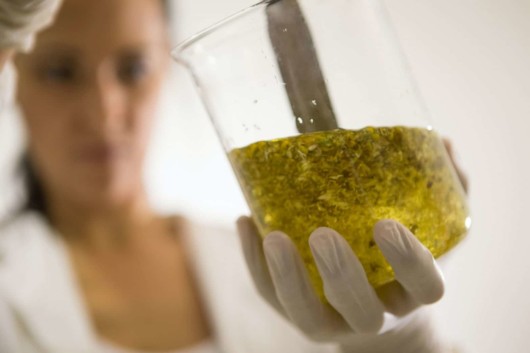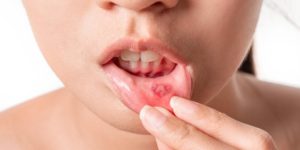CBD, short for cannabidiol, is one of more than 100 chemical compounds found in the Cannabis sativa plant classified as cannabinoids.
It is extracted from marijuana or hemp and is meant to be beneficial in relieving ailments from chronic pain to anxiety and insomnia. Unlike Tetrahydrocannabinol ( THC), the well-known marijuana chemical, CBD does not cause patients to feel a high. While THC produces euphoric effects, CBD doesn’t have the same brain and body effects.
Quite definitely the recent influx in CBD products has piqued tons of consumer interest. According to a report undertaken by the University of California, San Diego, since 2017 the amount of Google searches for “CBD” has risen well over 100 percent per annum.

When deciding on using CBD, it is important to recognize the distinction between marijuana-derived CBD and hemp-derived CBD. First, CBD products extracted from hemp contain no more than 0.3% THC under U.S. law. Note, there are small quantities of THC in cannabis, but it is grown for many applications. Hemp may be used to produce paper, fabric and also used as food and beverage ingredients.
One of CBD’s greatest successes to date has been Epidiolex, a pharmaceutical-grade CBD drug, licensed by the FDA. The drug is used in patients suffering from two uncommon and serious cases of epilepsy to reduce seizures. However, there is actually no clear empirical data confirming any of the CBD health claims.
Here are a few common reasons people utilize CBD:
Chronic Pain
Research about the possible effects of CBD in alleviating chronic pain is increasing. 27 countries have already produced cannabis-based pain relievers that include both THC and CBD branded Sativex (including Canada and the UK — but not the USA). Experts are also trying to assess CBD ‘s efficacy in alleviating nerve pain and anxiety by itself.
Anxiety and Depression
Continuing research shows that CBD can possibly benefit anxiety and depression sufferers. While more work is required, ardent CBD users are optimistic that the compound will help dampen their emotional reactions and help alleviate symptoms of depression.
Sleep Issues
Research shows that CBD can help consumers fall asleep faster, wake up less frequently, and get better rest for the night. Although continuing and supporting work is still required, CBD products may benefit those who need sleep relief.
What to Look for
Seeking the right CBD is not risk-free and should not be taken lightly. CBD has become a sensation on social media and is frequently endorsed by celebrities for its alleged advantages. Even with celebrity endorsements, buyers should be aware of what they need to look for when shopping for CBD products that are best for them.
The industry ‘s current lack of supervision and accountability has opened up the door for a few important issues that consumers should be aware of
- Product labels can possibly be inaccurate or misleading.
- Products can potentially contain additives that alters your mood.
- Metals, pesticides, bacteria, and solvents from cannabis plants can be present in your products.
- Many CBD products remain untested.
Additional Concerns

Adverse Effects
Some patients treated with Epidiolex reported sleepiness, diarrhea, loss of appetite, and other side effects in clinical trials. Liver damage has also been reported, so those using Epidiolex should regularly monitor their liver function.
Drug Interactions
CBD may interfere with the effectiveness and metabolism of certain common drugs. Additionally, antibiotics and antifungal drugs can impair the efficacy of CBD, and should be considered if CBD is incorporated in your wellness routine.
Quality Issues
Because of the CBD market’s weak enforcement and supervision, it’s important that you realize the product label details aren’t necessarily correct. As a user, you should be well versed in reading the Certificate of Analysis (COA) so you knowwhat the product actually contains. If you don’t know the COAs, keep reading.
Certificate of Analysis (COA)
A Certificate of Analysis (COA) is a report indicating the amount of specific cannabinoids found in a CBD product. CBD producers are advised to submit each sample of each product to a laboratory for processing and inspection of the contents of their product. This ensures those who buy the product receive what’s advertised on the product.
It is important to remember that not all businesses publicly share their COAs. If you are considering buying CBD products from a company that does not openly share their COAs, you should contact them for more information before buying any products.
If you are unable to procure COAs from the manufacturer’s website, the customer support or the product label itself, you should stop purchasing from them. Quality CBD companies will test their products and have their COAs available. After all, the purpose of COAs is for both the supplier and the consumer to double-check the consistency and reliability of their goods.
COAs are not always readable and easy to understand. You will find out that not all of them often look the same, and can be written in numerous formats. Commonly, you’ll see COAs that show results in one of the following three ways:
- Milligrams (mg) of CBD in the full product
- Milligrams (mg) of CBD per gram (g)
- Milligrams (mg) of CBD per milliliter (ml)
Please note that CBD is used in this example, but the same goes for all of the other cannabinoids in the COA. If the COA shows the first result, milligrams (mg) of CBD in the whole product, then you don’t have to worry about doing any calculations. This result indicates the cumulative number of cannabinoids already in the product. You should equate this amount with what’s shown on the product label to make sure they match.
If your results read as the last two examples, then calculations will need to be made. As a guide, remember that a milliliter (ml) is a volume measure, and grams (g) is a weight. So, since most CBD items are displaying the scale in ounces (oz) you may translate the amount into millilitres. Bear in mind that 1 oz is still equivalent to 30ml, and also two 30ml tinctures do not weigh the same in grams, as each component in the drug composition influences the weight (g).
Overall, it is important to consider COAs before deciding which company to buy CBD from. As a general guideline, if a company does not provide any of its lab results or COAs, you might want to avoid purchasing from them.
If you are considering buying A88CBD™ products and would like to see the COAs, please visit here!



